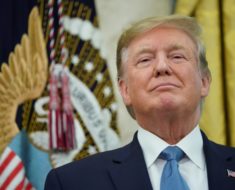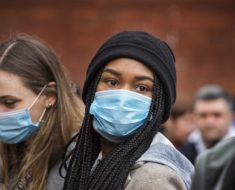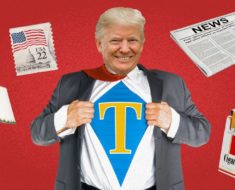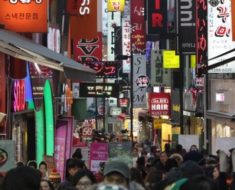The Feds cut interest rates by 50 basis points before the March meeting. Central bank executives around the world got together and discussed ways to stop the economic damage caused by the coronavirus. Bill Gates calls COVID-19 a once-in-a-century pathogen, and the World Health organization calls the virus a pandemic.
Gross Domestic Product growth around the globe keeps eroding from the rapid spread of the coronavirus. The U.S. stock market lost $3 trillion in value in three days and $6 trillion disappeared from the global economy. The Feds had to cut interest rates in order to stimulate the U.S. economy while the Chinese and Japanese inject billions of dollars into their economies to stop the economic hemorrhaging.
The latest GDP growth estimates for the first quarter of 2020 look bleak. China’s GDP growth could drop to 2.5%, and U.S. growth may slip to 1.5%. Countries in Europe and Asia will face a recession in 2020 thanks to the coronavirus outbreak and the ongoing trade wars. The stock market got a boost when Joe Biden surprised investors by winning in several states on Super Tuesday. But the yield on 10-year Treasury notes dropped below 1% for the first time since the 2008 financial crisis.
Huawei took another gut punch when 10-year-old packing lists surfaced. The packing lists might prove the giant tech company shipped Hewitt Packard computer parts to Iran that year. Huawei’s CFO Meng Wanzhou is under house arrest in Canada for violating the Iranian sanctions. The recently discovered packing lists could hurt her case. By August, a Canadian judge will decide if she should go home to China or get a one-way to the U.S. for violating the sanctions.
U.S. manufacturing had another no-good, terrible performance in February. Manufacturing in the U.S. continues to take a beating from the tariff war, as well as the strength of the dollar. Exports are down, and consumer confidence continues to erode. According to a recent poll, consumers think the coronavirus outbreak will hurt the economy. Consumer spending is the lifeblood of the U.S. economy, and if consumers decide to stay home instead of buying big-ticket items like cars and houses, the economy could slip into a recession, according to several Wall Street economists.
Treasury Secretary Steve Mnuchin told the press the U.S. won’t cut tariffs during the coronavirus threat. Several economists think bringing the tariffs back in line will help offset the damage caused by the COVID-19 outbreak, but Mr. Trump still wants to keep tariff pressure on China.
Dil Bole Oberoi





